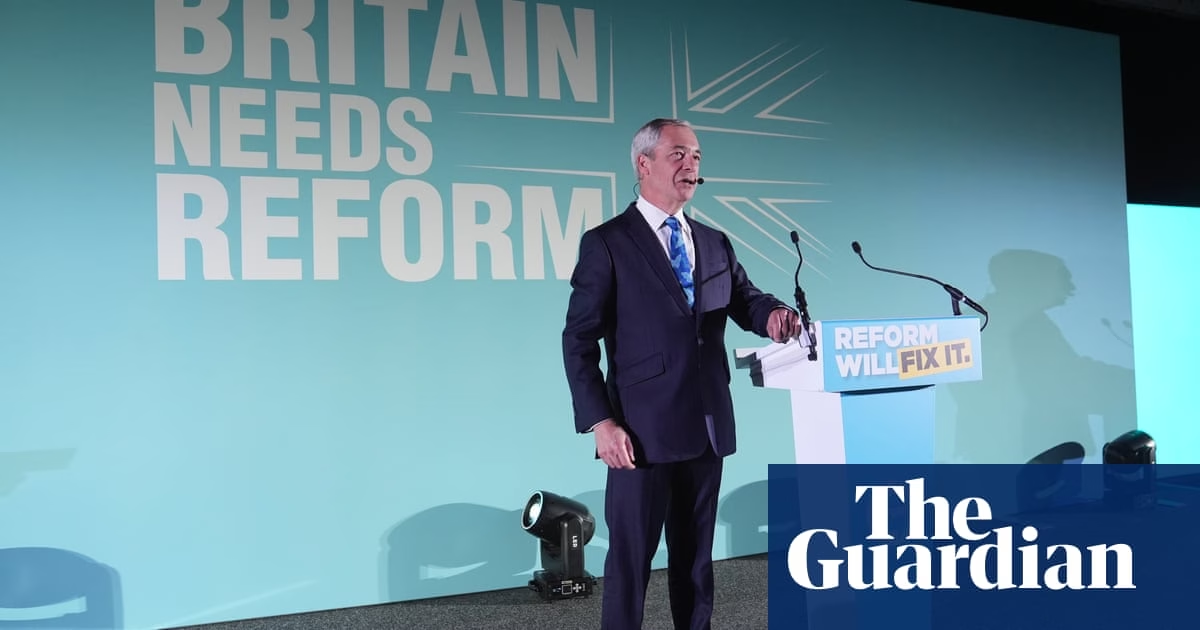A study by the Social Market Foundation (SMF) has found that areas receiving funds from the previous government’s levelling up initiative had lower votes for Reform UK in the recent general election. This finding suggests that projects yielding quick outcomes may reduce support for populist parties.
The SMF study, the first to examine multiple data factors influencing support for Reform UK at the individual constituency level, identified various factors associated with increased support for Nigel Farage’s party. Some of these factors, such as lower educational attainment among local voters and higher crime rates, have been linked to populism in other countries.
Notably, the study also discovered that an older population did not necessarily correlate with greater Reform UK success, and that seats receiving levelling up funds had smaller Reform vote shares than expected based on their demographics. Jamie Gollings, the research director at SMF, emphasized the need to distinguish between correlation and causation, suggesting that levelling up funds may have primarily targeted areas already inclined towards mainstream parties.
Gollings also highlighted potential lessons for Keir Starmer’s government, suggesting that infrastructure projects may have long-term benefits but might not yield immediate credit. He recommended alternative mechanisms, such as ensuring construction jobs go to local people or improving local infrastructure, to garner support in the short term.
The study also found that local political cultures played a role in Reform UK’s performance, noting the party’s underperformance in areas with a strong Liberal Democrats presence. Gollings pointed out the complex relationship between economic growth and populist support, citing the example of Clacton, a seat won by Farage in the last election, which has seen rapid growth in skilled green economy jobs but may not necessarily benefit the local population.
The study took into account various factors, including demographics, economics, public services, and health data, in its seat-level analysis. Gollings highlighted the finding that a large white population alone was not sufficient to predict support for Reform UK but that changes in the proportion of white people in an area did influence voting patterns.
Despite the political effectiveness of levelling up funding, the study also revealed current and previous governments have focused more on stimulating economic growth in the southeast than in other parts of the country, with the imbalance being most pronounced during Boris Johnson’s tenure. The analysis showed that over the past 16 years, ministers have spent nearly 15% more on housing, education, and infrastructure projects in the southeast than in the rest of the country, resulting in a £100bn extra in growth spending for the region.
Source: https://www.theguardian.com/politics/2025/apr/07/areas-receiving-levelling-up-funds-show-smaller-reform-uk-vote-share-study-finds






